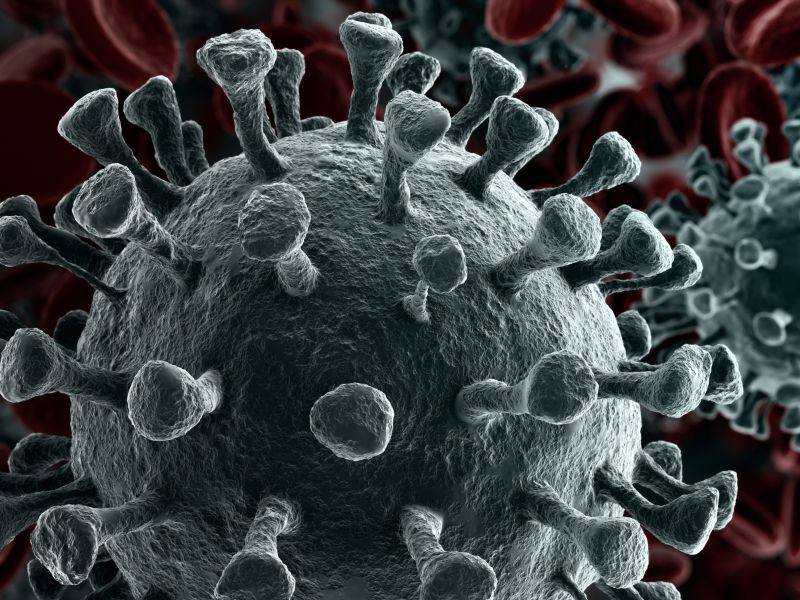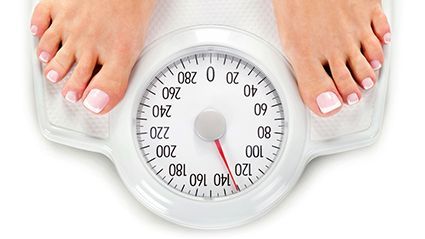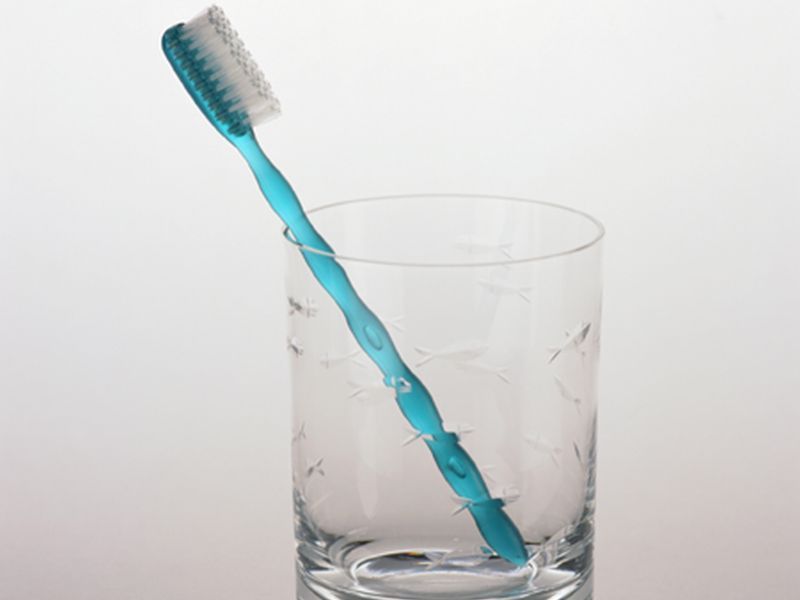
SÁBADO, 6 de febrero de 2021La pandemia de la COVID-19 puede hacer que las dificultades de salud mental sean incluso peores para algunas personas que tienen el trastorno afectivo estacional (TAE). El TAE es un tipo de depresión que es desencadenado por los días con menos luz del sol y los cielos grises del invierno.… read on > read on >


















